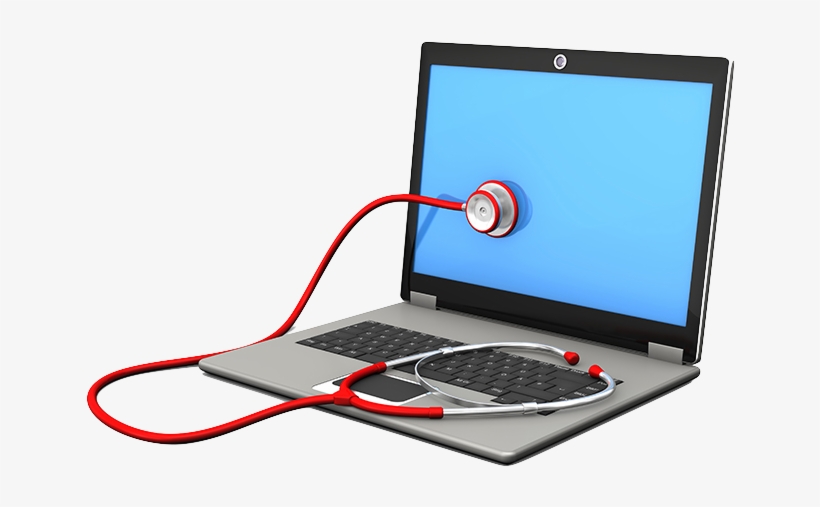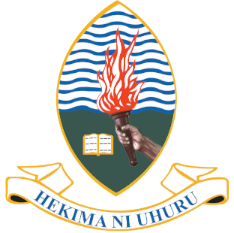
Laptop and PC Repair and Maintenance
Description
For the last few years, Tanzania has witnessed an exponential growth in the number of computer users. Many people from different sectors, such as health and education, have recognized the potential benefits of computers in their daily lives. Given the rapid advancement of science and technology, computers have become central computational machines that simplify human activities: processing of financial transactions in banks, management of employees’ records in institutions, industrial control of complex processes, and storage of personal documents, among others. This wide range of applications translates to a huge local market of personal computers and laptops.
Like any other machine, the long-term operation of computers depends on how users adhere to manufacturers’ operational and maintenance guidelines. Computers may malfunction or become damaged during operation, hence demanding maintenance or repair by a well-trained technician. However, our survey shows that most technicians in the country have not received relevant professional training to service computers. They largely work based on their experience or on technical information they collect from the Internet and colleagues. Moreover, such technicians do not adhere to policies, guidelines, and recommendations given by our regulatory authority, Tanzania Communications Regulatory Authority (TCRA). Consequently, customers cannot receive the appropriate service for their valuable machines. For instance, there have been several reported cases of mistreatment of computers’ memory components (e.g. Hard Disk Drive) that losses of sensitive customers’ information.
This hands-on training gives participants competency and professional skills to address potential issues in laptops and computers. You will be equipped with the necessary techniques to maintain and repair these high-end machines. In addition, the training will introduce TCRA policies, guidelines, and recommendations that govern the maintenance and repair of electronic communication equipment, such as computers.
Objectives
To equip participants with practical knowledge and professional skills on the repair and maintenance of laptops and personal computers.
Learning outcomes
|
Upon completion of this training, participants are expected to gain knowledge and professional skills to undertake the following tasks: |
|
|
|
|
Topics
|
|
|
Target Group
(1)Practitioners
(2) System administrators, and
(3) Technicians in laptop and PC repair and maintenance.
Course Materials
Each registered participant will receive a copy of instructors’ slides and other materials, such as references, papers, and policy documents used during the course.
Certificate of Attendance
Participants will be awarded certificates of attendance by the University of Dar es Salaam.
Fee
(1) TZS 200,000 (Tanzanians)
(2) USD 200 (Foreigners)
Payment
All payments should be made centrally through Control Numbers provided by the University of Dar es Salaam. After registration, a Control Number and invoice will be emailed to you using the information you have provided in the registration system.
